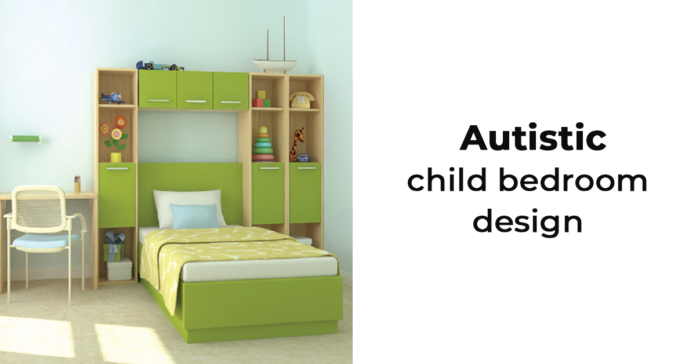Home care is one of the best ways to look after loved ones who may be aging, disabled, or suffering from mobility-affecting illnesses. People with diseases like hypertension, diabetes, and mental disorders can benefit from staying at home with a caregiver or a loved one to care for them. Home care facilities are also a great option for children who may be recovering from injuries or major surgeries.
Sometimes, long-term hospital stays just aren’t an option. Luckily, setting up your own home care facility at home is possible. Home care makes hourly, daily, and weekly monitoring easy for relatives and caregivers alike.
If you are hiring someone to look after your loved one, whether you’re sourcing from an agency or through referrals, it’s important to ensure that they are familiar with your home. They should know where security alarms are located as well as where all essential tools, supplies, and equipment are kept. This will minimize untoward incidents and confusion should emergencies happen. Here is senior care Brooklyn.
But wait, how exactly do you set up your own home care facility? What things should you prepare? Well, you’ve come to the right place. In this article, we’ll talk about the four most important home care equipment that you need to have in your home. Let’s dive right into our list:
Table of Contents
1. A good quality hospital bed for home use
Regularly getting a good night’s sleep is crucial to recovery. Being comfortable 24/7 also has a huge impact on a patient’s welfare. No matter what recovery stage the patient is at, investing in a high quality hospital bed will go a long way.
A comfortable bed makes one feel at ease. If a patient has to deal with discomfort, it’s not going to be good for recovery. This is especially true if the patient is recovering from an injury where minimizing movements is important. That being said, there’s a plethora of hospital beds for home use in the market right now. The expedited delivery hospital beds should not only be comfortable — they need to be durable, versatile, safe, and easy to set up, too.
Before you choose a bed to buy, it’s important to read hospital bed reviews to know whether or not a specific model is the right one for your needs. Don’t forget to check specs like weight capacity, dimensions, railing, and height range, too.
Moreover, pay close attention to the mattress, pillows, and blankets you’re using. A high-quality mattress will provide ample support and comfort. Static foam mattresses and dynamic air mattresses are popular these days, though you can opt for other mattress types, too. Go for pillows and sheets that are breathable and gentle on the skin. Depending on the condition of the patient, make sure that the bed isn’t overcrowded with pillows and blankets.
Lastly, you may also consider installing bed exit alarms depending on your specific situation.
2. Measurement and monitoring equipment
Most patients of home care facilities are being observed and monitored as they recover from various health conditions. As such, you’re going to need monitoring equipment to actively check the status of your patient. For example, for recoveries and health journeys where weight loss or weight gain is crucial, having a high quality weighing scale at home is important.
For patients with high blood pressure, blood pressure monitors are mandatory. Other common equipment being used in home care setups include blood glucose monitors, thermometers, pulse rate meters, and stethoscopes
3. Medication administration equipment
Patients will need to take medications from time to time. Whether you’re a hired caregiver or looking after a relative, liquid drugs and tablets need to be administered carefully. That said, having a ready supply of syringes, eyedroppers, graduated cups, and nasal sprays might be helpful.
4. Mobility and first aid equipment
Some patients will need wheelchairs to go to the toilet. Wheelchairs are also useful for when a patient needs to be taken outdoors for fresh air and a change of scenery. If, however, mobility needs to be limited, you should consider installing equipment like urinals and mobile collapsible toilets near the patient’s bed.
Having a first aid kit ready is also a smart move. Accidents like falling from the bed, tripping, and slipping could happen at home. Having bandages, heating pads, compression wear, and wound cleaners in your home care facility will greatly help in these cases.
















